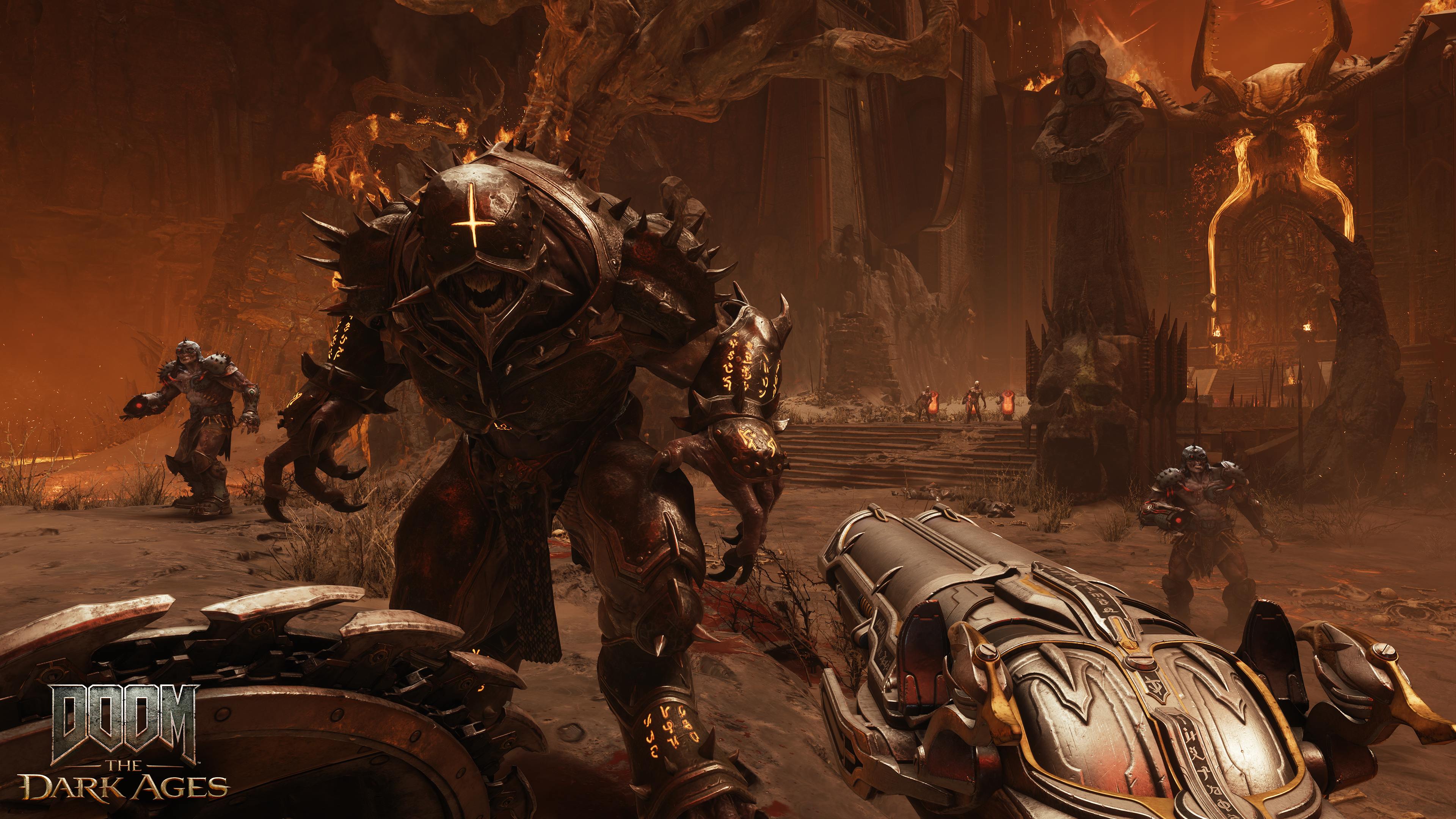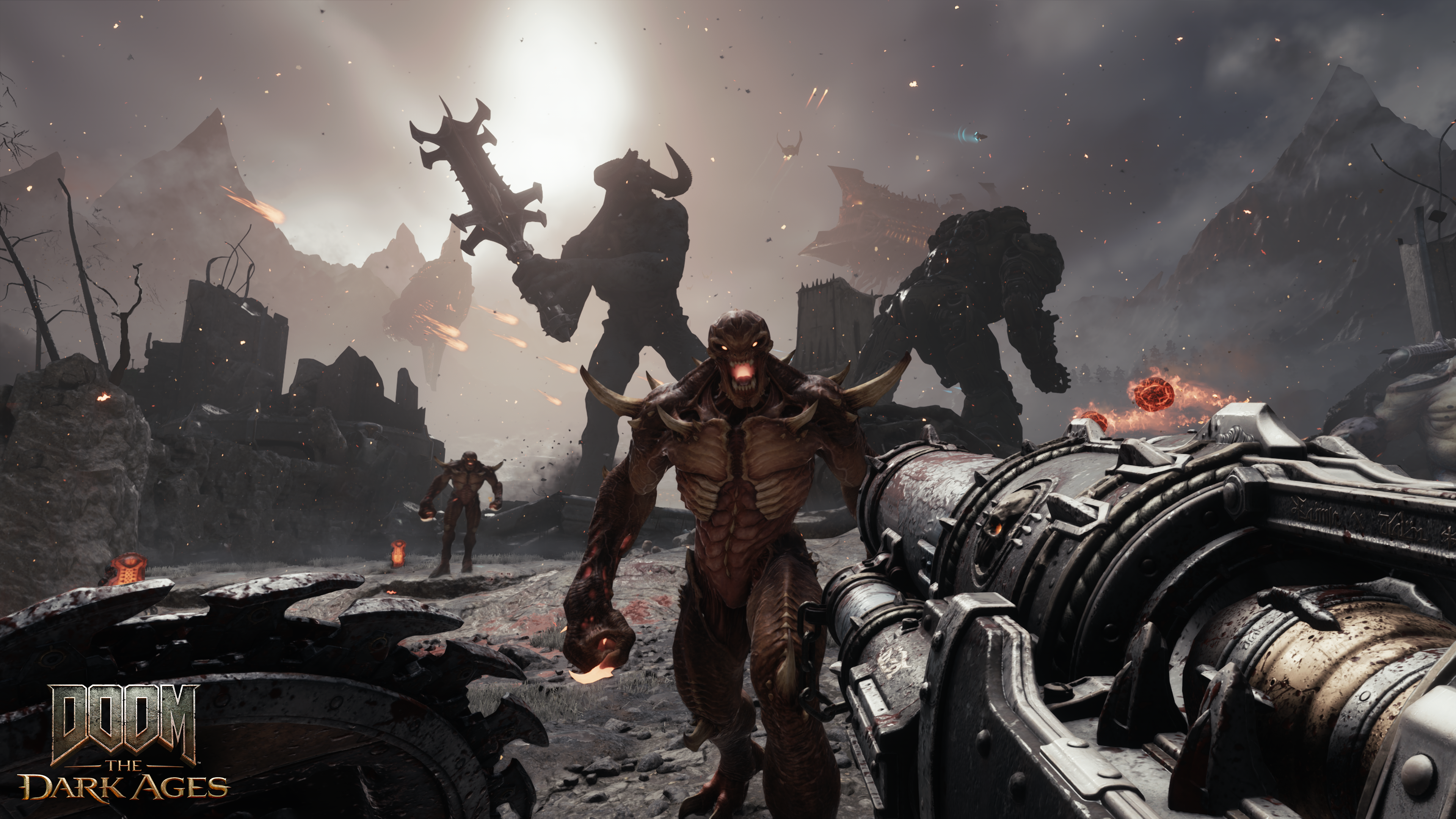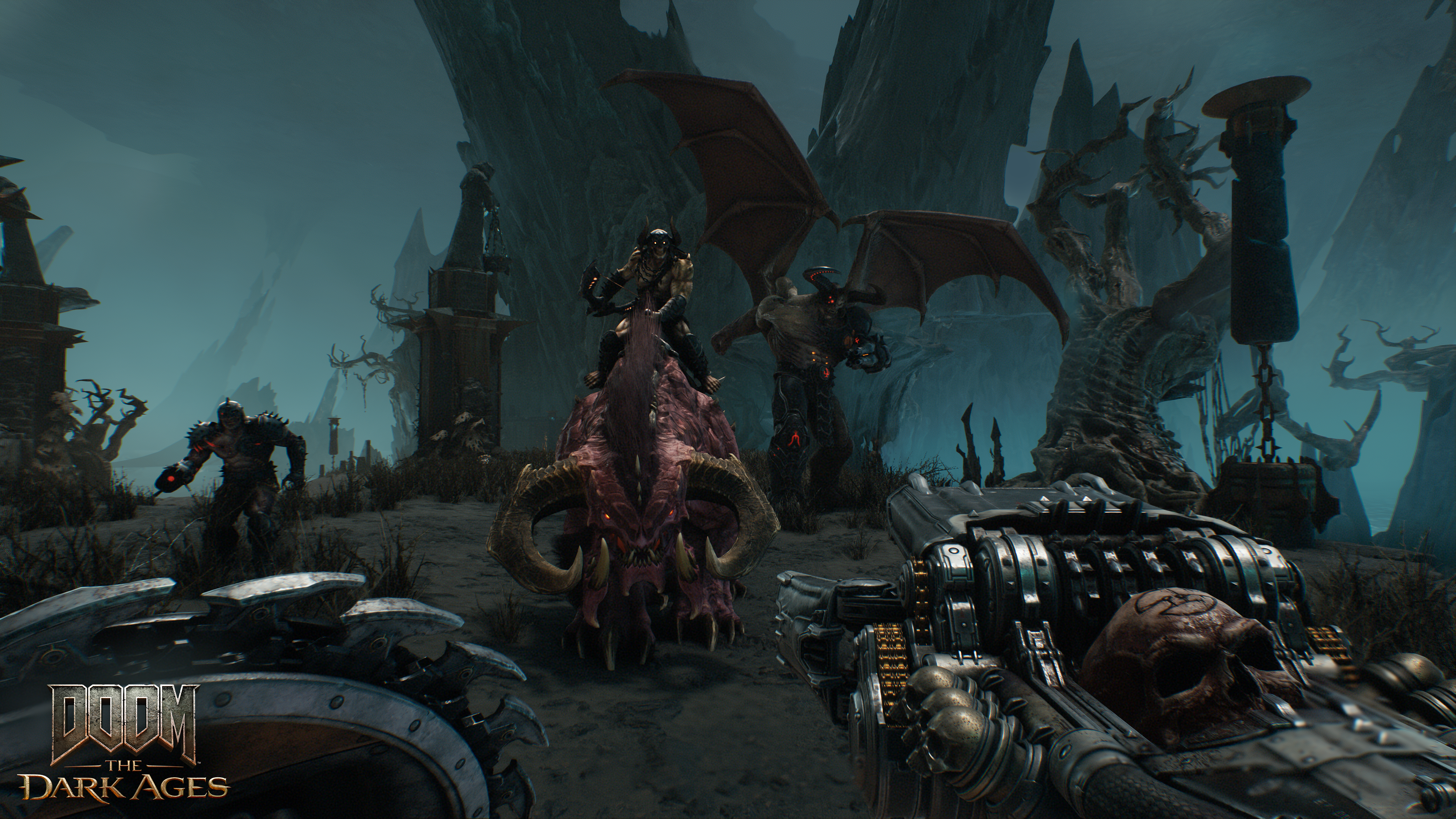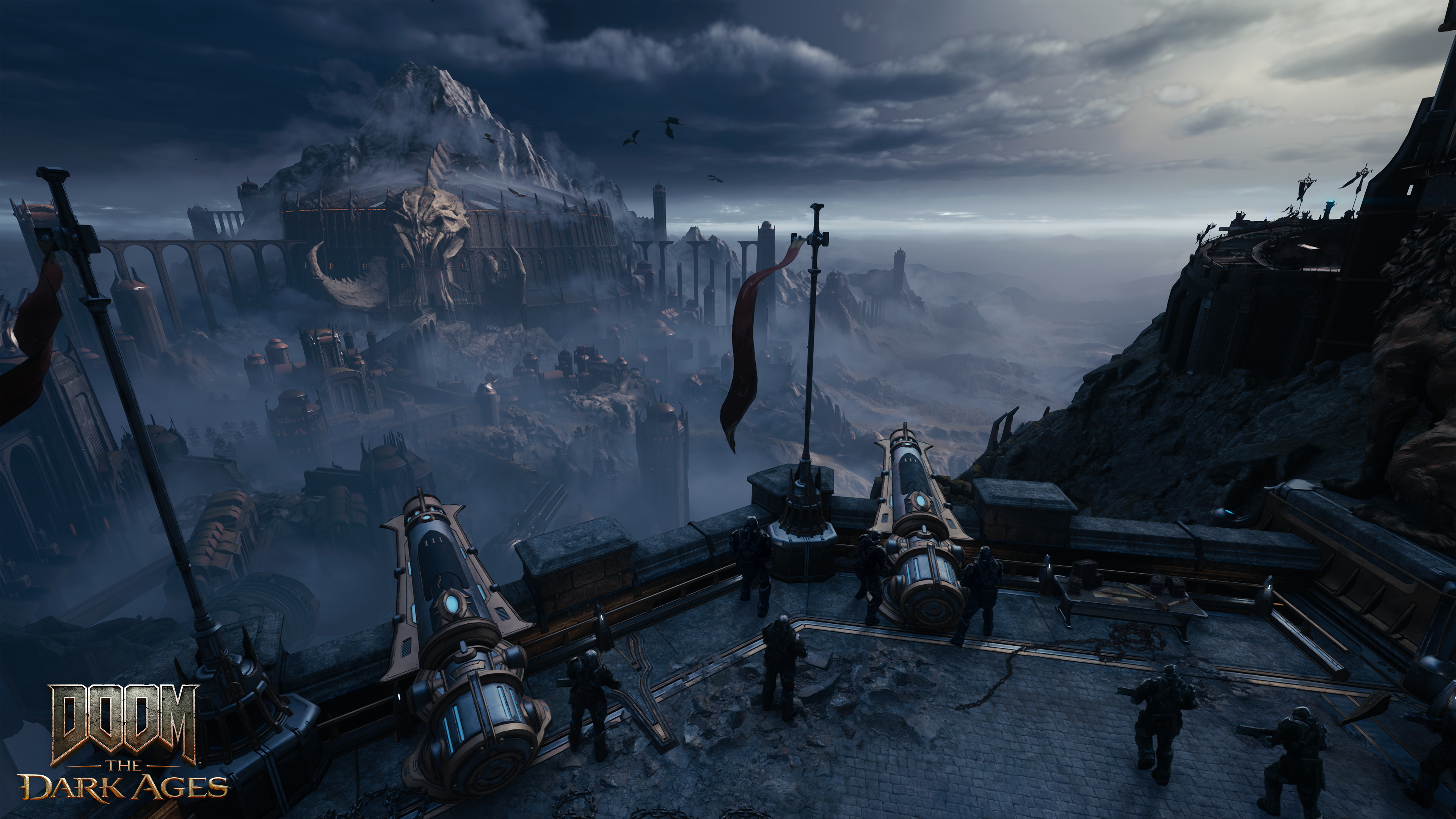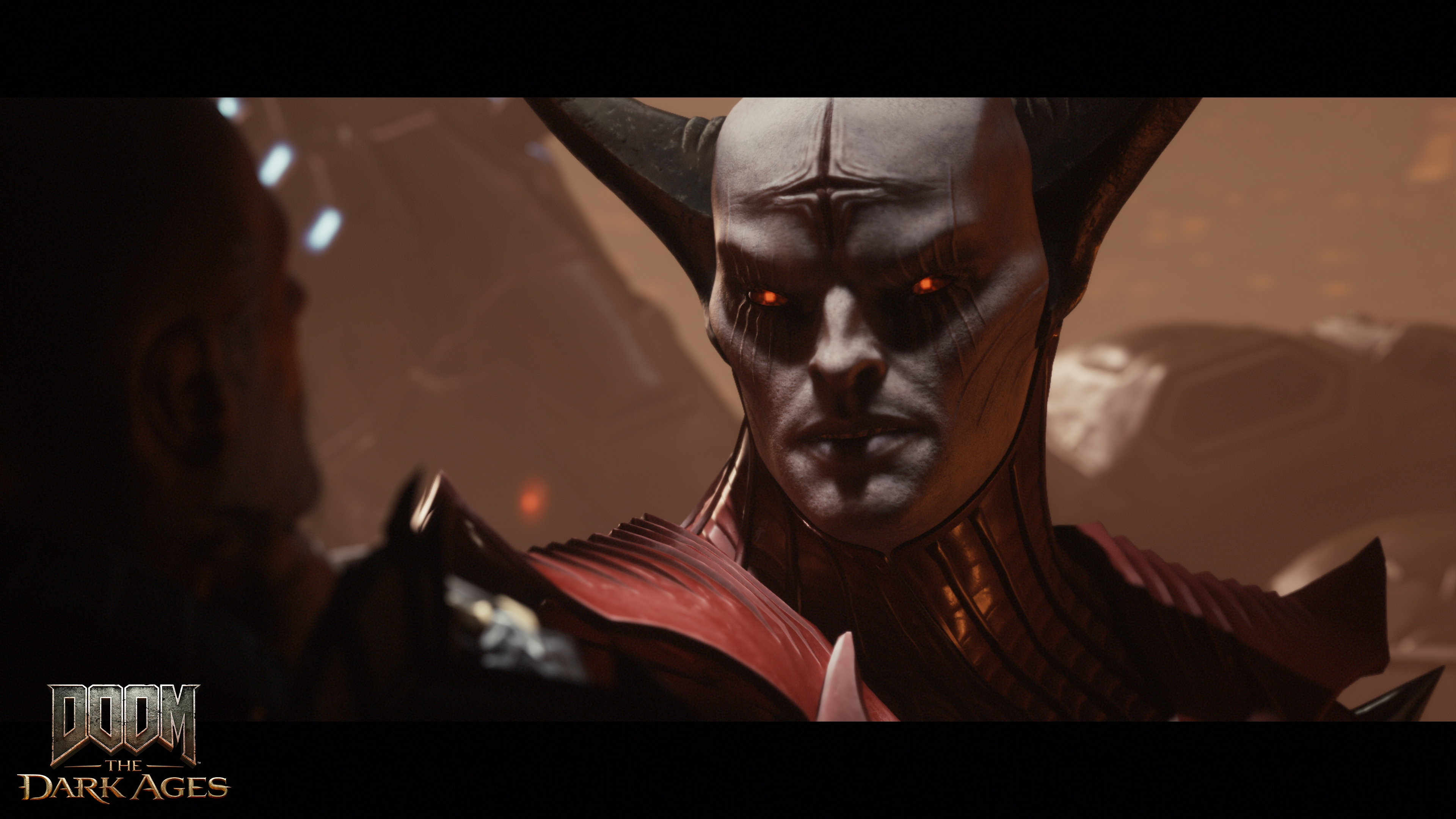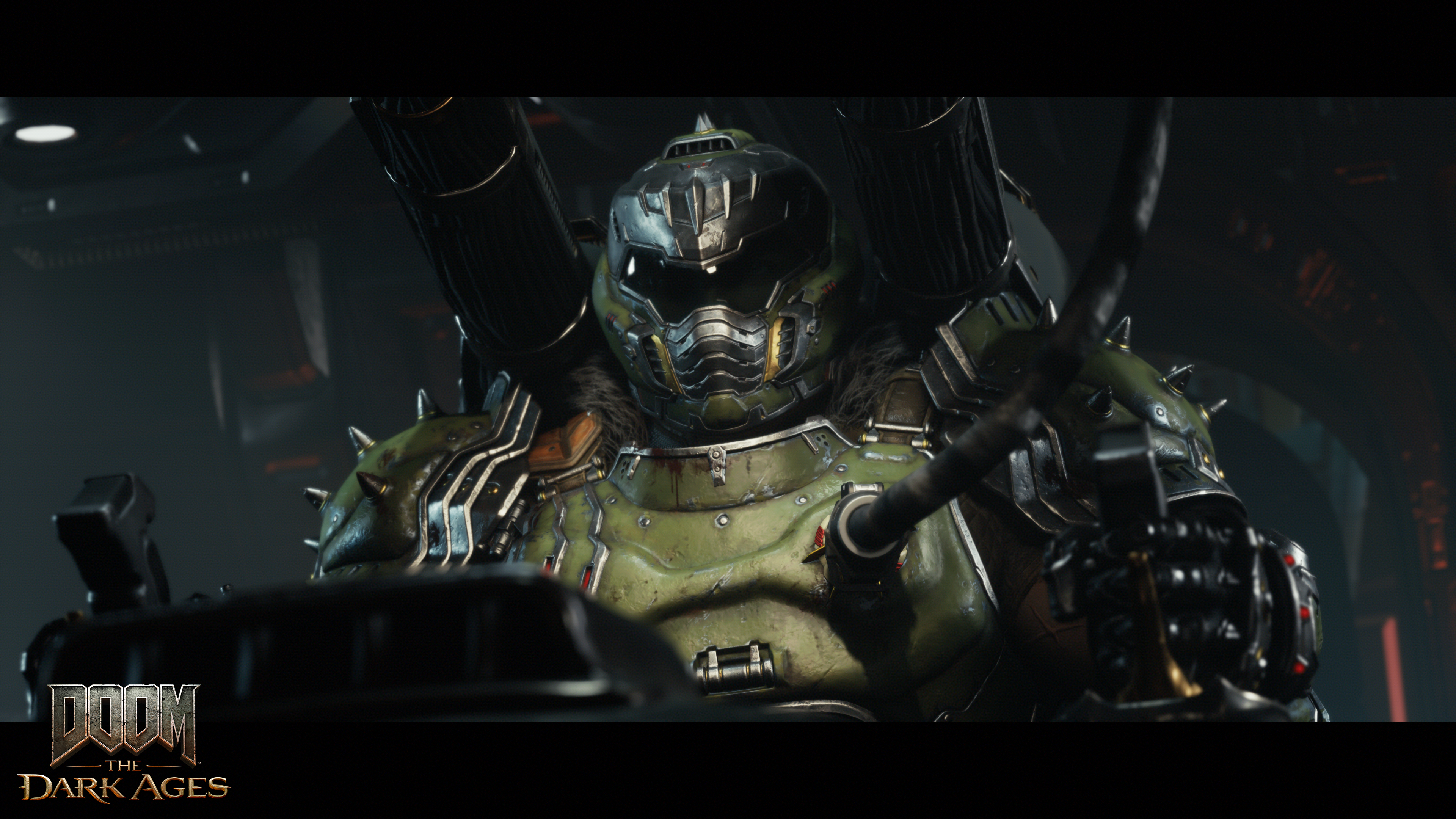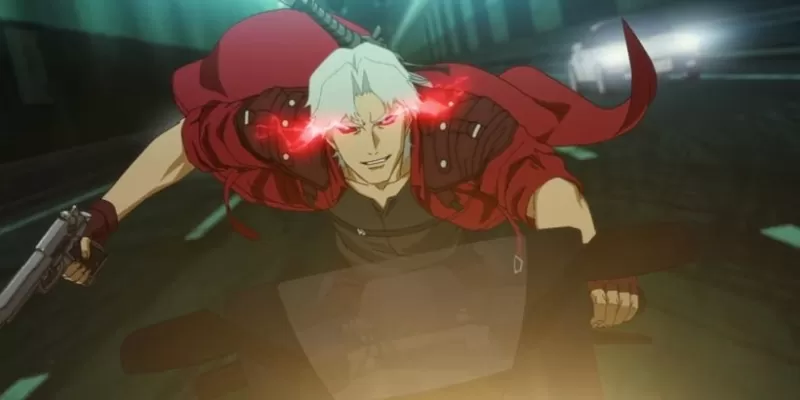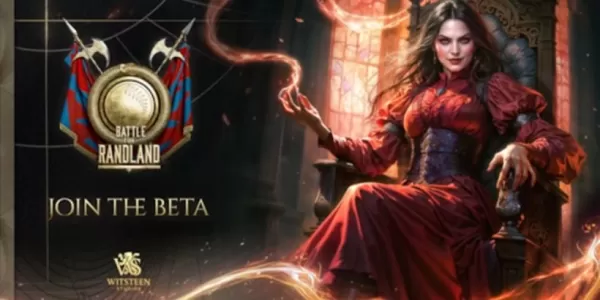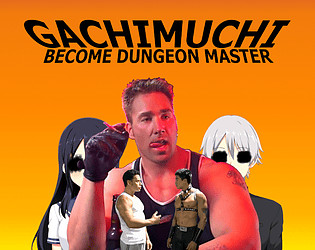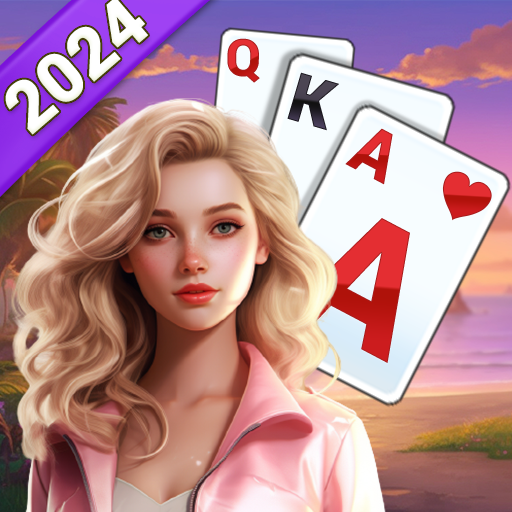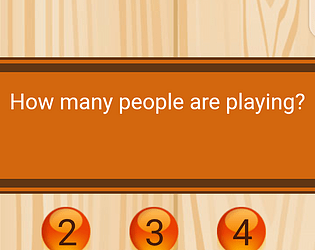Doom's enduring connection to metal music is undeniable. A single note from any Doom soundtrack instantly evokes the series' demonic imagery, reminiscent of Iron Maiden's stage presence. This symbiotic relationship has evolved alongside the gameplay, with both reinventing themselves over three decades. From thrash metal origins, Doom's soundtracks have traversed various subgenres, culminating in the metalcore intensity of Doom: The Dark Ages.
The original 1993 Doom drew inspiration from late 80s and early 90s metal giants like Pantera and Alice in Chains, evident in tracks like "Untitled" (E3M1: Hell Keep), mirroring Pantera's "Mouth of War." The overall score channeled the thrash metal energy of Metallica and Anthrax, perfectly complementing the game's fast-paced action and demonic encounters. Bobby Prince's soundtrack remains iconic, mirroring the rhythm of the game's unforgettable gunplay.
This synergy continued for over a decade until the 2004 release of Doom 3. This survival horror-inspired installment, while experimenting with a slower pace and a controversial flashlight mechanic (later removed), necessitated a different sonic landscape. While Trent Reznor's involvement was initially considered, Chris Vrenna (formerly of Nine Inch Nails) and Clint Walsh ultimately composed the soundtrack, drawing inspiration from Tool's atmospheric and complex soundscapes. Doom 3's main theme could easily be a Tool B-side, its unconventional time signatures perfectly complementing the game's horror-infused sci-fi setting.
Doom 3, despite its commercial success, remains an outlier in the series. The early 2000s saw FPS games evolve with the rise of Call of Duty and Halo, and metal music was undergoing a similar transformation. While nu-metal's influence could have been interesting, Vrenna and Walsh wisely opted for a Tool-esque direction, creating an unsettling yet fitting soundtrack.
The 2016 Doom reboot marked a triumphant return to form. The game's momentum-driven gameplay found its perfect match in Mick Gordon's groundbreaking soundtrack. The score, a djent masterpiece, layered sub-bass frequencies with white noise, creating a visceral experience that even Meshuggah might find bass-heavy. Doom 2016's soundtrack is widely celebrated, arguably surpassing the original.
Doom Eternal (2020), while featuring Gordon's work, faced production complexities, resulting in a soundtrack that, though bearing his signature, is less cohesive. Leaning heavily into the metalcore prevalent in the late 2010s and early 2020s, it reflects Gordon's simultaneous work with bands like Bring Me the Horizon and Architects. Eternal's soundtrack, while still heavy, feels slightly lighter than its predecessor, mirroring the game's inclusion of platforming and puzzle elements.
Personally, Doom 2016 remains my favorite, its raw energy mirroring the intensity of Architects' All Our Gods Have Abandoned Us. While Eternal is excellent and innovative, it lacks the same visceral impact.
Doom: The Dark Ages presents an intriguing proposition. Its revamped combat, showcased in the Xbox Developer Direct, necessitates a fitting soundtrack. Composers Finishing Move (known for Borderlands 3 and The Callisto Protocol) appear to be drawing inspiration from both classic and modern metal, reflecting the game's blend of classic Doom elements and new mechanics.
The slower, more deliberate combat of The Dark Ages, featuring a shield and large-scale encounters, requires a soundtrack that balances heaviness with agility. The showcased gameplay hints at influences from Knocked Loose's seismic breakdowns and traditional thrash elements, echoing the original Doom and earlier metal's fantastical themes.
The full scope of The Dark Ages remains unseen, but id Software appears to be building upon the series' legacy and broader influences. The inclusion of mythological creatures and mechs expands the traditional Doom formula, mirroring modern metal's experimentation. The game's evolution parallels modern metal's diverse explorations, from electronic and hip-hop influences to unexpected genre blends.
The future looks bright for both Doom and heavy music. The Dark Ages promises to deliver on all fronts, with its combat taking center stage and the soundtrack providing the perfect demonic backdrop. The limited glimpses offered are incredibly promising, hinting at a potential new favorite metal album accompanying the May release.
